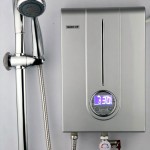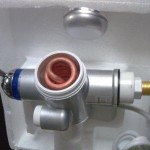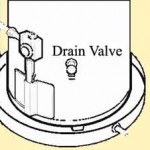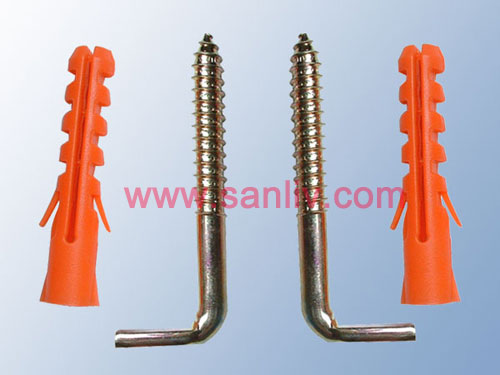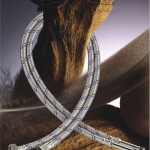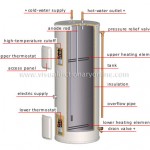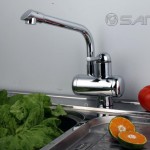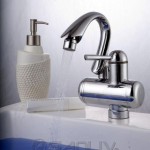Free advice on Water Heater Replacement and Installation. DIY hot water heater replacement tips on how to replace Your old Water Heater. When you’re looking for a new water heater, keep in mind that the money you spend now may well be an investment that pays off in the long run. More expensive water heaters are often less costly to run than cheaper water heaters. To make a good investment, you’ll want to consider both the initial sticker price and the long-term costs of running your heater.
According to the Department of Energy, most households in the United States still use storage tank hot water heaters to meet their residential needs. However, both tank and tankless hot water systems exist. Both may be fueled by gas, oil, propane, electric or solar energy. Heat pump systems that use warm surrounding air to heat your water are also available. Tank systems hold hot water in a storage tank and keep it hot until you use it. Tankless “demand” systems heat water as it runs through your pipes, keeping energy costs down because water is heated only as it is needed.
The following table shows a comparison of the Energy Factor (EF) of Water Heaters*:
| Electric resistance water heaters | .7-.95 |
| Gas Heaters | .5-.8 |
| Oil Heaters | .7-.85 |
| Heat Pump | 1.5-2.0 |
| *Figures from the DOE Office of Energy Efficiency and Renewable Energy | |
Finding the Right Match: Capacity and Efficiency
Match water heater capacity with your hot water requirements to save money and energy long term. Look at tank size, or capacity, and heating efficiency. Small water heaters are generally going to be the most efficient, so look for a tank size that holds just enough water to meet your needs during the peak times of the day. Larger tanks heat water that you don’t use, wasting both fuel and money.
The first consideration is thinking about how much hot water your household needs, especially during peak times of the day. If everyone takes a morning shower before school and work, you are going to need a water heater that can deliver that much water. The number of people in your household and the interval during which the water heater has to recover will determin the capacity. The First-Hour Rating (FHR) shown on the EnergyGuide label indicates the maximum amount of hot water the unit can deliver.
Once your know how much hot water you need, the next step is to find the most efficient heater. To compare water heater efficiency, compare the Energy Factor (EF) for different models. This rating takes into consideration the standby loss, as well as how efficiently heat is transferred from the energy source to the water. You’ll find the EF listed in the manufacturer’s product literature, or with an appliance manufacturer association. The EnergyGuide labels for each model also has energy efficiency ratings that provide helpful comparisons. Because insulation plays an important role in conserving heat loss, look for a tank with at least 1.5 inches of foam insulation.
Heat Pump Water Heaters
Heat pump water heaters operate by pulling in heat from the surrounding air to heat water. This transferrance of heat takes less energy than it does to heat the water through gas burners or electric coils. A heat pump water heater uses 1/2 to 1/3 the amount of energy that an electric water heater does. The drawbacks are the longer time it takes to heat the water and the more expensive initial cost of the heat pump compared with a conventional water heater. Still, because savings on monthly bills can be as much as 50%, it is a good option for some households.
Heat pumps use warm surrounding air to heat the water, so they require placement in a location that stays between 40-90 degrees Fahrenheit with at least 1000 cubic feet (28.3 cubic meters) of air space around the water heater. They do well in a furnace room, but won’t work in cold locations. They come as whole units, or can be purchased as an add-on to an existing water storage tank.
Solar Energy
Solar energy can also be used to heat water, and can meet half to almost all of your needs. Generally, solar systems have a collector and a storage tank, but the rest of the system design can vary greatly. Solar hot water systems can be passive, active and direct (open loop), or indirect (closed loop).
Passive systems are usually more reliable and easier to maintain because they don’t use pumps and controls. Active solar water heaters do use pumps and controls. Solar systems are sometimes used to preheat water for a conventional system, and in most cases where solar is predominantly used it is still backed up by a conventional water heater.
If you live in a really cold climate you will need to look at indirect solar systems, as direct systems cannot operate in freezing conditions.

